The term ‘cardiac arrest’ itself petrifies us.
It occurs so suddenly that a person barely has enough time to save themselves or their loved ones. For the patient, if immediate action is not taken, chances of cardiac arrest survival decreases. In that case, knowing what cardiac arrest means goes a long way in saving the lives of our near and dear ones.
Know about it!
We often think that the terms ‘cardiac arrest’ and ‘heart attack’ are identical. In fact, we even replace one term with the other. In reality, these two terms are completely different from each other.
Read on to know about cardiac arrest vs. heart attack…
The cardiac muscle tissue or simply the heart muscle needs oxygenated blood supply to function properly. The coronary arteries provide this oxygen-rich blood to the heart. When these coronary arteries are blocked due to some reason, the blood supply is stopped. This results in a heart attack. During a heart attack, the heart does not stop beating but a portion of the heart muscle begins to die.
The blockage in coronary arteries generally occurs due to narrowing or deposition of fats in the walls. This may take place due to excessive smoking, high blood pressure, high cholesterol, etc. This causes a decrease in blood flow and may result in hazardous conditions like a heart attack.
- Sudden hot flashes, fatigue, dizziness, nausea, pain in parts of the body like arms, back, neck, stomach, etc. sweating can be the symptoms of a heart attack.
- Both heart attack and cardiac arrest are extremely risky, but there’s more chance of survival in case of a heart attack than a cardiac arrest.
On the other hand, in case of a cardiac arrest, the heart all of a sudden stops beating. One of the major Cardiac arrest symptoms is that the patient loses consciousness and no pulse is found.
Since the heart supplies blood to all the other organs like lungs and brain, these organs can also be damaged due to stoppage of blood flow. If not treated immediately, it can become fatal to the patient
Though these two are different, they are interlinked to each other. Having a heart attack may increase the risks of having a cardiac arrest too – it may be during the heart attack itself, or during recovery of the heart attack, or even in the future.
Certain heart diseases also add to the risk factor of causing cardiac arrest. These include arrhythmia like ventricular fibrillation, coronary heart disease, instant blood pressure fluctuations, etc. Other causes include excessive smoking, excessive drinking alcohol, drug addiction, electrocution, choking, etc.
Now that we have talked about the meaning and causes, let’s talk about the symptoms of cardiac arrest.
- Sudden blackout
- Loss of consciousness
- Shortness of breathing
- No pulse
- Chest pain (angina)
- Stoppage of breathing
- Dizziness
- Vomiting
If you see someone facing these conditions, get help immediately and rush to the doctor.
Follow the steps below immediately to save a life. Remember them as the treatments of sudden cardiac arrest –
- Until help arrives, perform CPR. CPR stands for Cardiopulmonary Resuscitation. It is usually performed in case of an emergency like heart attacks, cardiac arrest, lack of breath in case of drowning, etc.
- Lay the patient on their back. Open the mouth so that air can pass through it.
- Press down the chest and perform chest compressions at a very fast rate (120 per minute).
- Lift the chin up, keep the mouth open, squeeze the nose, and breathe into their mouth twice.
- Repeat the process till the person resumes breathing. This way you can double or even triple the chances of their survival.
- Use an automated external defibrillator (AED). This is the only way to treat ventricular fibrillation.
- The AED helps in defibrillating by applying electric shocks to the heart.
- Place one pad of the AED on each side of the chest.
- Deliver the shock. Be careful so that no one touches the patient while the electric shock is being delivered.
- Rush the patient to the nearest hospital as soon as help arrives.
If you follow the above steps with perfection, chances of surviving a cardiac arrest increases!
In case you are diagnosed with heart disease or have a family history of heart diseases, the best way for you is to prevent such an incident. Regularly visit the doctor, go for checkups regularly. Do not take it for granted. Take your medications timely, regularly exercise, take healthy meals and live a healthy lifestyle.
Remember, “Prevention is better than cure.”
Stay away from smoking, alcohol abuse, drug abuse, etc. Take extra care in case you are diabetic, obese, or have been diagnosed with hypertension, high blood cholesterol or similar issues.
Speak to our counsellors if you need an expert opinion in this regard. They would suggest you the best medication before it’s too late to act.
Stay Connected, Stay Safe!!!
#covid19 #cardiacarrest #heart #heartdisease #coronarydisease #coronaryartery #hearthealth #cardiac #cardiacdisease #cardiacarrest #healthcare #medical #clinqon_india


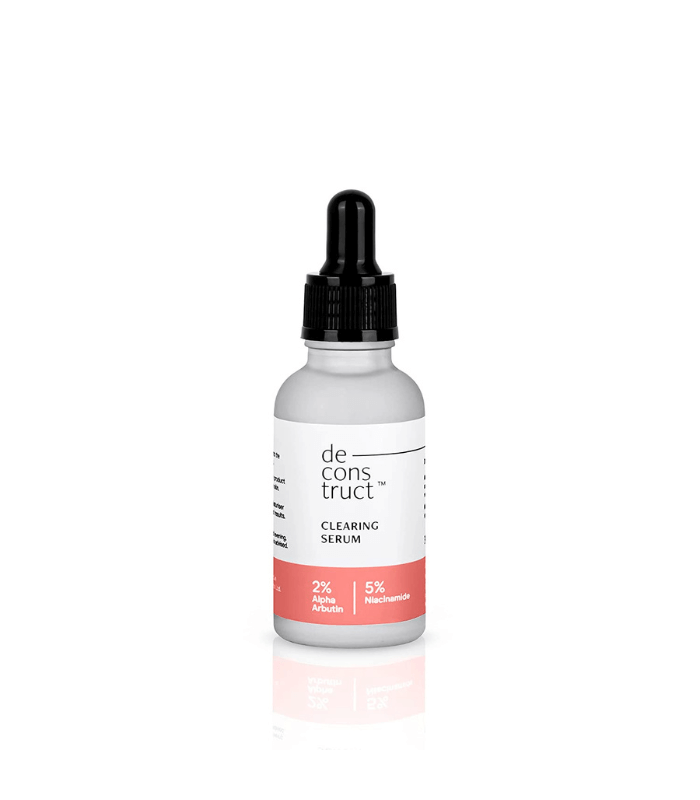





















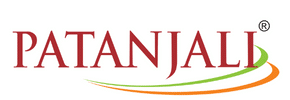
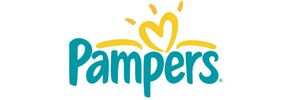
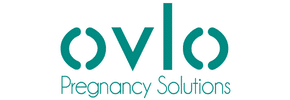










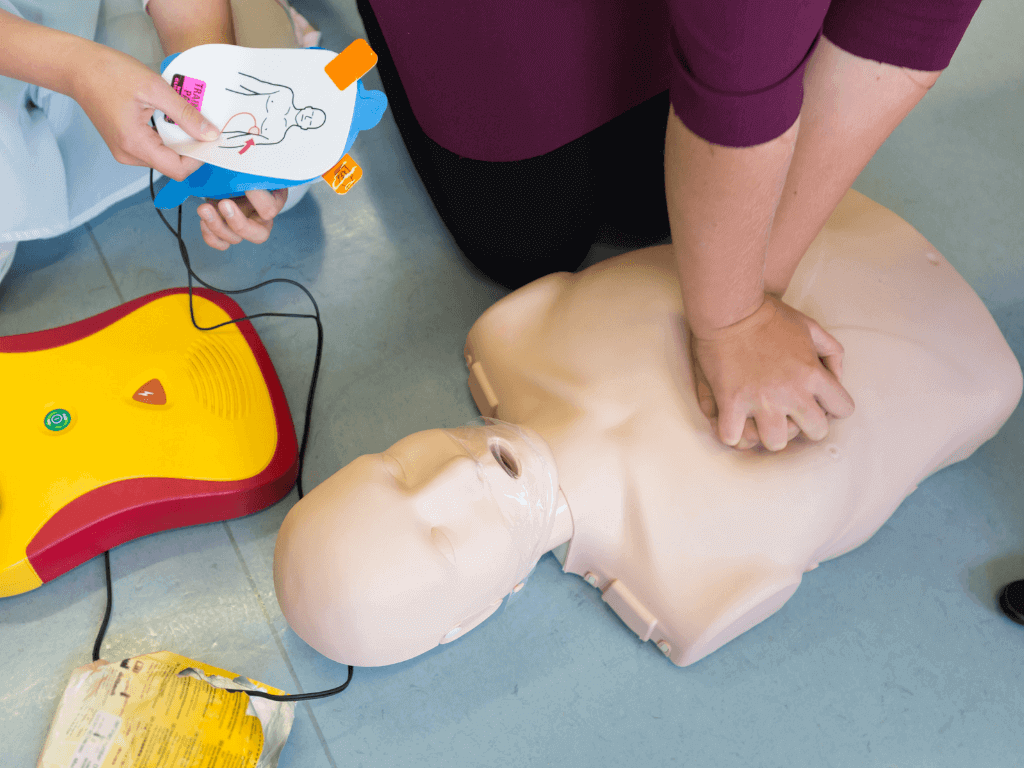




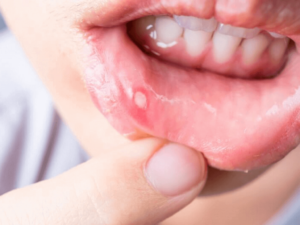


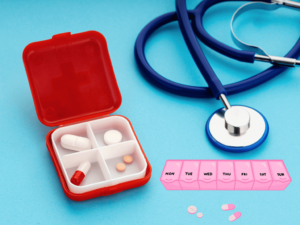

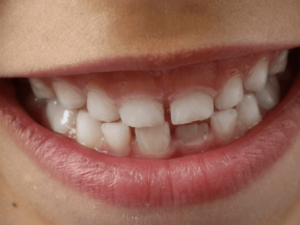

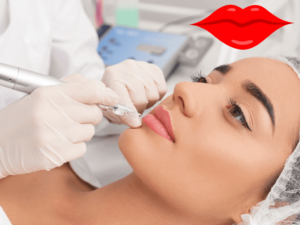









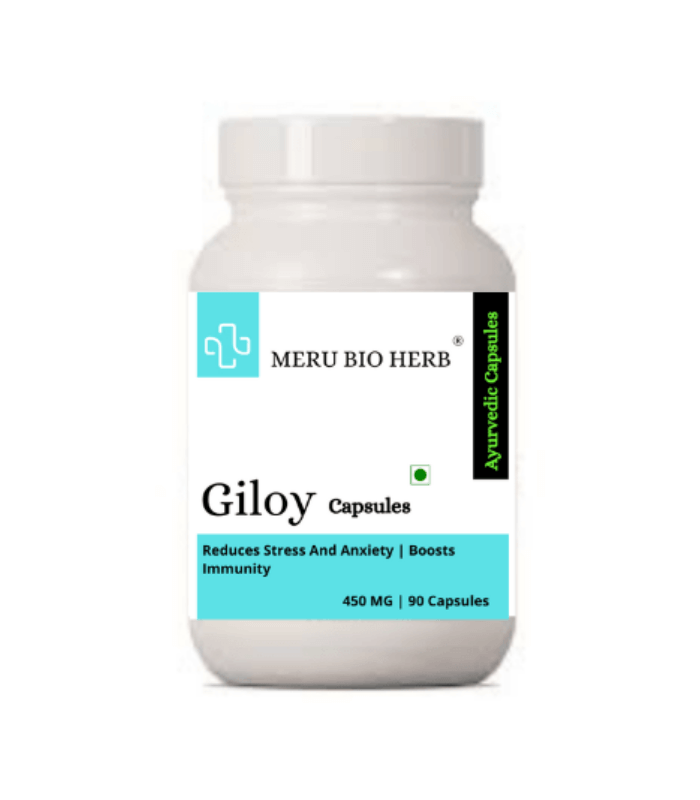
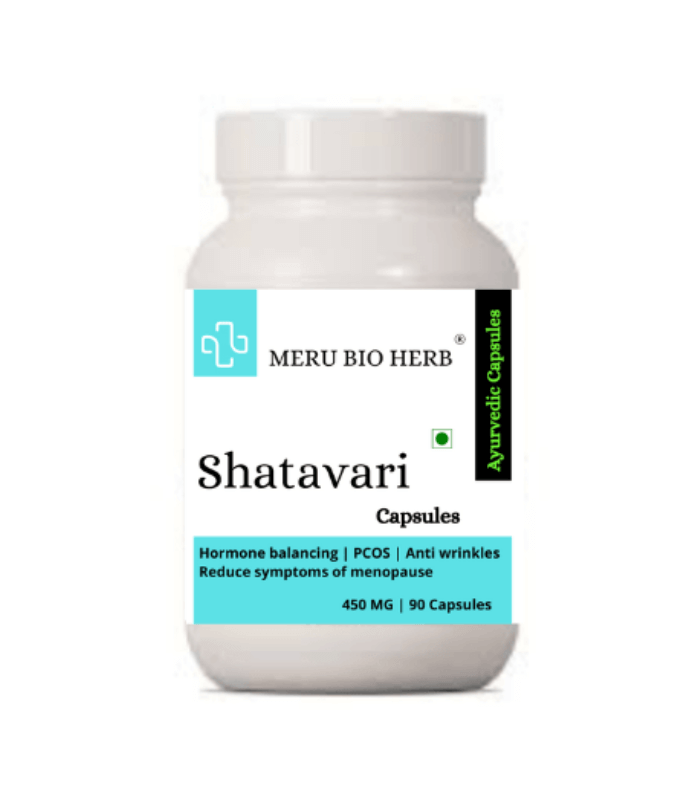







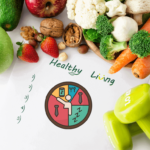
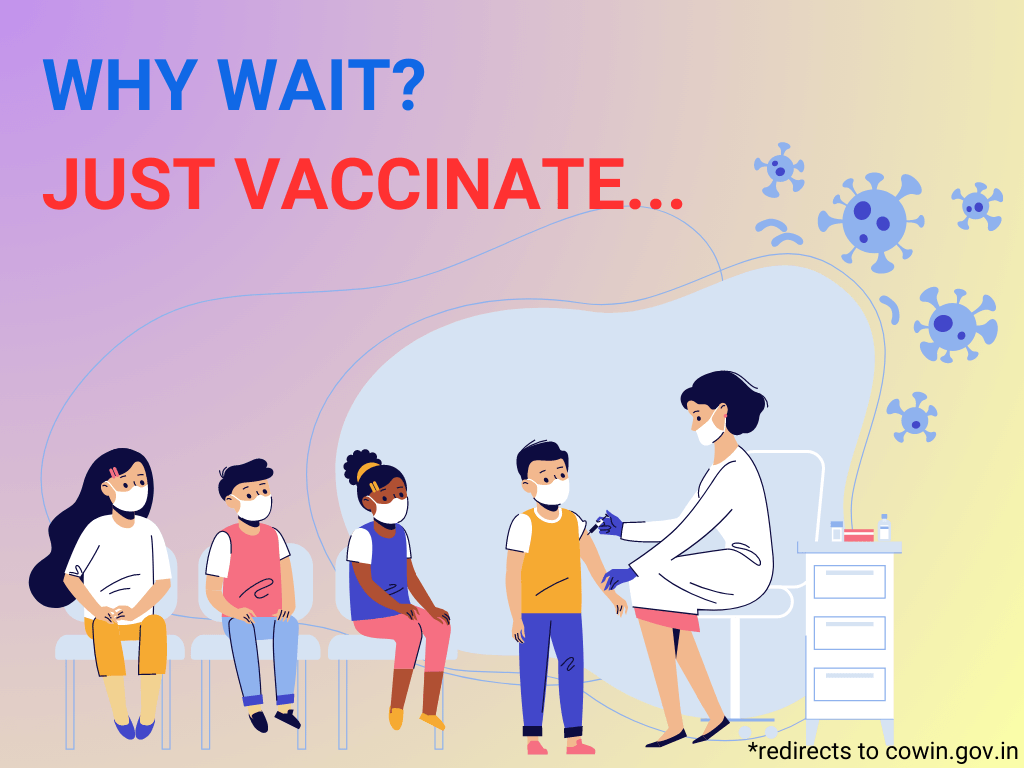

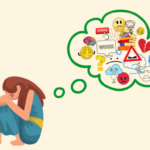


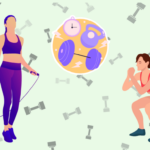
Thank you for this great information. Really helpful
Amazing
Great Information
I think to know about the prevention of cardiac arrest is must during the pendemic ,And it is properly explained in this article .
✔️ information
Good